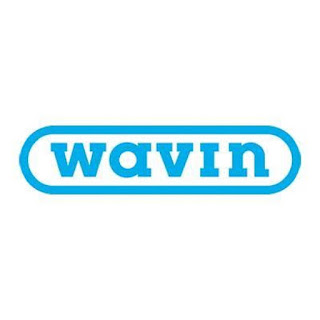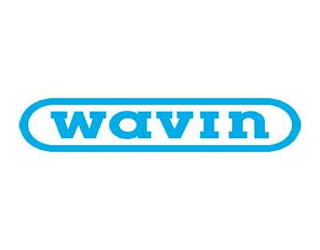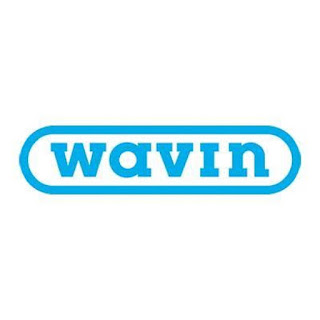What Makes PVC Pipes for Water Supply and Drainage a Sustainable Choice
1. Let us begin with the first obvious advantage. PVC water supply pipe is designed to be resistant to chemicals, including most acids and alkalis, as well as resist abrasion. Consequently, their interior surface does not get corroded even by the harshest chemicals and does not get abraded even if there are large particles, remaining smooth and this in turn reduces the requirement of energy for the flow of sewage and wastewater as well as for the pumping of water.
2. PVC pipes for water supply have a much lower environmental impact as compared to many other systems for sanitation and plumbing. From the production to installation to the end use, PVC pipes have a lower environmental impact as compared to non-plastic alternatives, which starts right from the use of the raw material to the installation itself. The long service life of PVC pipes also supplements their manufacture from virgin raw material which reduces the carbon footprint. Moreover, since PVC pipes can be recycled even after they have served one service life, they are also eco-friendly as compared to non-plastic options.
3. The joints in PVC pipes for water supply and drainage networks are made with fittings and an adhesive, without need for welding or fusion. While this further reduces the energy requirement, these joints are also much more durable and are leak proof, which prevents the waste of water through the pipes.
4. PVC connection pipe systems for water supply and drainage are also more sustainable when it comes to their manufacture, transportation, installation and use. Since they are extremely lightweight, they do not expend much energy require much by way of energy in the movement from places. Moreover, their material allows for the manufacture of much longer lengths of pipes which do not need too many joints.
For the best quality PVC pipes for water supply and drainage, choose from the comprehensive range of pipes and fittings offered by Wavin.



Comments
Post a Comment